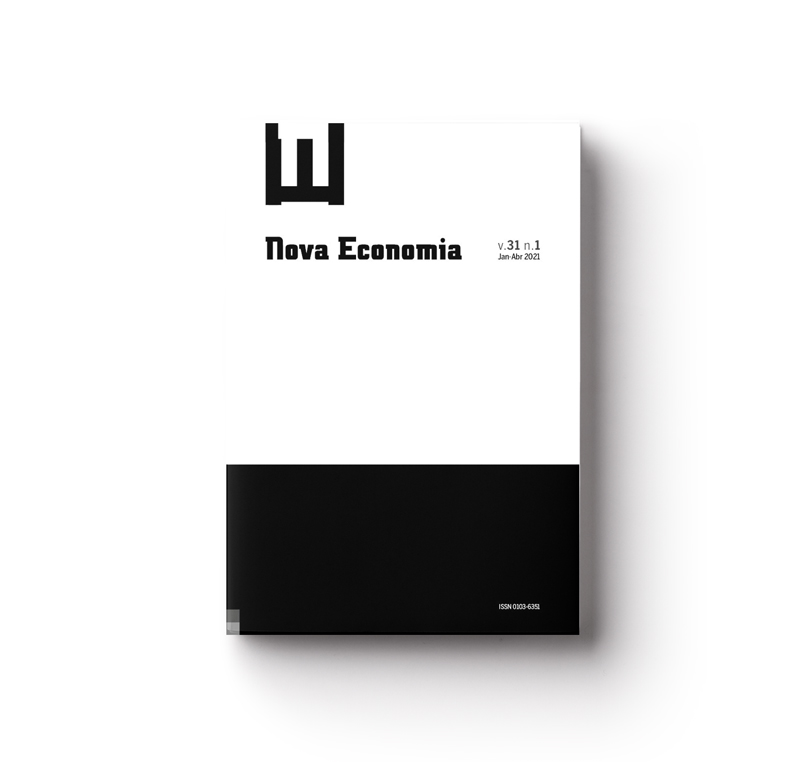Dynamics of the polarization of family labor supply in urban Brazil
Abstract
Abstract
This article explores different dimensions of the family labor supply in Brazil in relation to changes in family arrangements in recent decades. Specifically, the dynamics of the polarization of family labor supply between 1993 and 2015 in urban Brazil is investigated using microdata from the National Household Sample Survey (PNAD). The risk factors associated with the highest individual probability of living in a jobless family are estimated based on multinomial logistic regressions, for the odds of being in a family where: no adult works, or all adults work, or only a fraction of them works. The results show that the composition of families is determinant in the complexity of jobless families, with child and elderly dependence ratios on families being directly related to the increasing risks of being in a family without work over the period, especially for women.
Keywords: labor supply, family structures, polarization, Brazil.
JEL Codes: J20; J12; C35.
Downloads
Published
How to Cite
Issue
Section
License
Copyright (c) 2021 Danyella Juliana Martins de Brito, Ana Maria Hermeto Camilo de Oliveira

This work is licensed under a Creative Commons Attribution 4.0 International License.
Authors who publish with this journal agree to the following terms:
- Authors retain copyright and grant the journal right of first publication with the work simultaneously licensed under a Creative Commons Attribution 4.0 International License that allows others to share the work with an acknowledgement of the work's authorship and initial publication in this journal.
- Authors are able to enter into separate, additional contractual arrangements for the non-exclusive distribution of the journal's published version of the work (e.g., post it to an institutional repository or publish it in a book), with an acknowledgement of its initial publication in this journal.
- Authors are permitted and encouraged to post their work online (e.g., in institutional repositories or on their website) prior to and during the submission process, as it can lead to productive exchanges, as well as earlier and greater citation of published work (See The Effect of Open Access).




